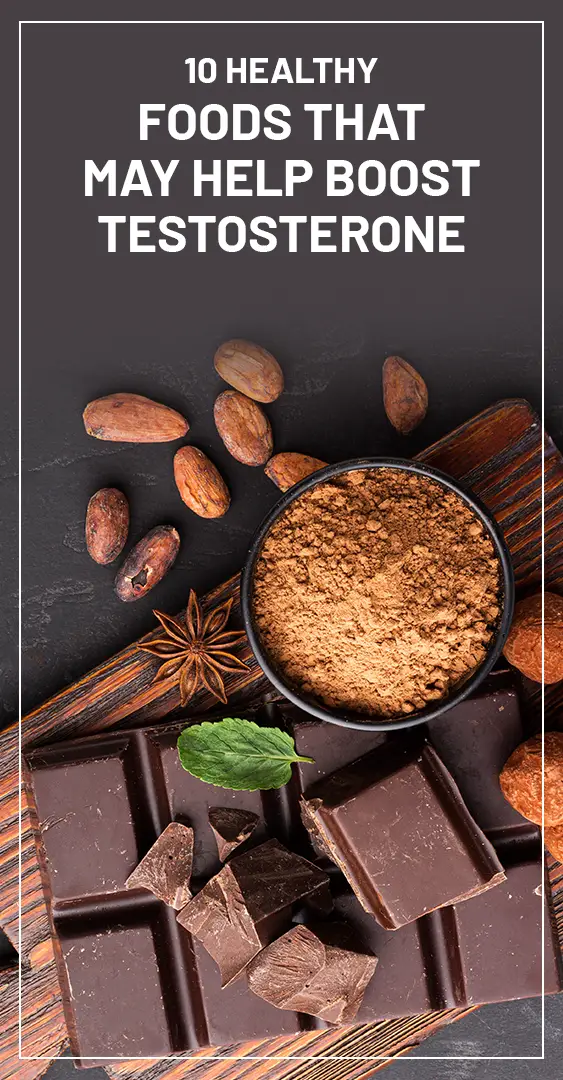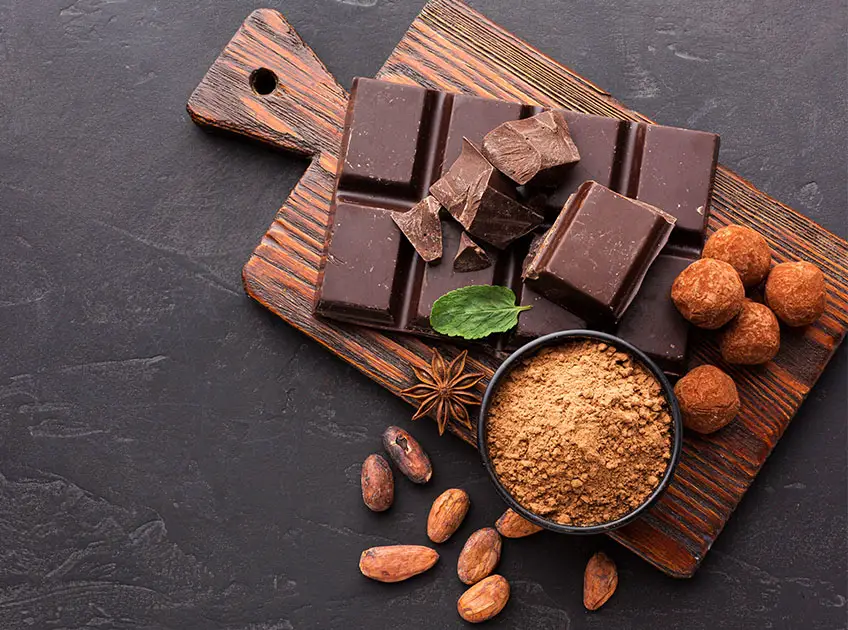
Important: This article is for informational purposes only. Please read our full disclaimer for more details.
Testosterone is a hormone that plays a key role in many aspects of male health, including muscle mass, bone density, and sex drive. Though it’s often associated with bodybuilding and virility, testosterone production declines naturally with age. As such, older men may benefit from foods that boost testosterone levels. Here are 10 Foods that Have Been Shown to Increase Testosterone levels in Men.
Article Contains
1. Eggs
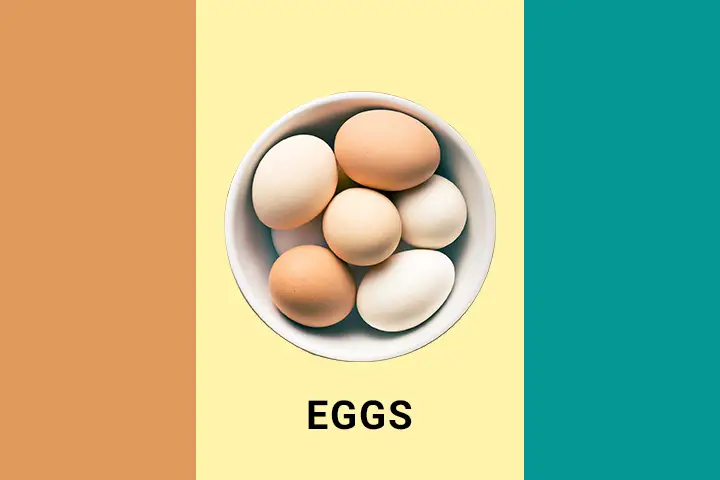
Eggs are a rich source of protein and contain many nutrients that are important for testosterone production, including vitamin D and zinc. In one study, men who ate 3 whole eggs daily for 12 weeks experienced increased testosterone levels.
[ Recommended: 10 Best Foods Rich in Selenium ]
2. Fatty Fish
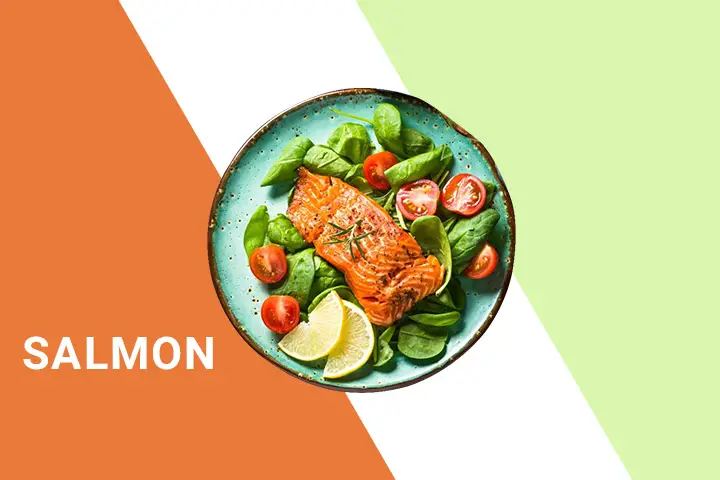
Fatty fish like salmon, mackerel, and sardines are rich in omega-3 fatty acids, which have been shown to boost testosterone levels. In one study, men who consumed a diet high in omega-3 fatty acids had higher testosterone levels than those who did not.
[ Recommended: Top 10 Foods Highest in Protein ]
3. Oysters
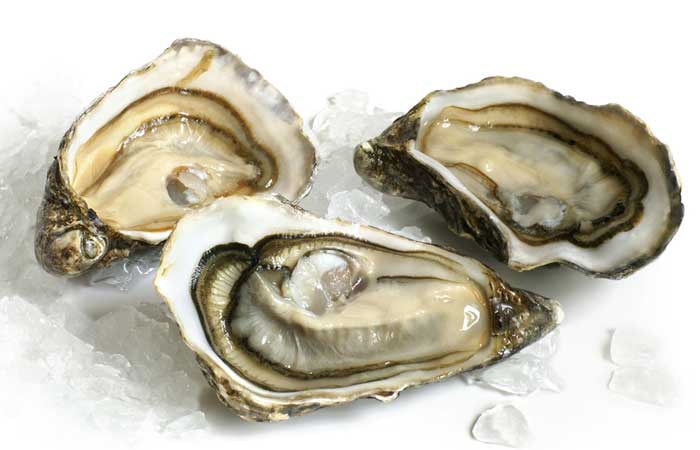
Oysters are a rich source of zinc, which is a mineral that is essential for testosterone production. In one study, men who supplemented with zinc for six weeks had increased testosterone levels.
[ Recommended: Top 10 Vitamin D Rich Foods ]
4. Nuts and Seeds

Nuts and seeds are a good source of magnesium, which is a mineral that has been shown to boost testosterone levels. In one study, men who supplemented with magnesium for eight weeks had increased testosterone levels.
[ Recommended: Top 10 Foods High in Omega-7 ]
5. Dark Chocolate
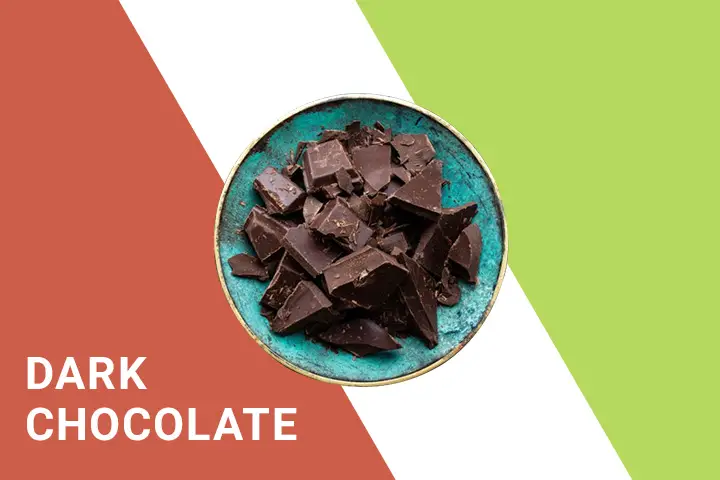
Dark chocolate is a good source of magnesium and flavonoids, which are antioxidants that have been shown to increase testosterone levels. In one study, men who ate dark chocolate daily for two weeks had increased testosterone levels.
[ Recommended: Top 10 Foods Rich In Omega 3 Fatty Acids ]
6. Avocado
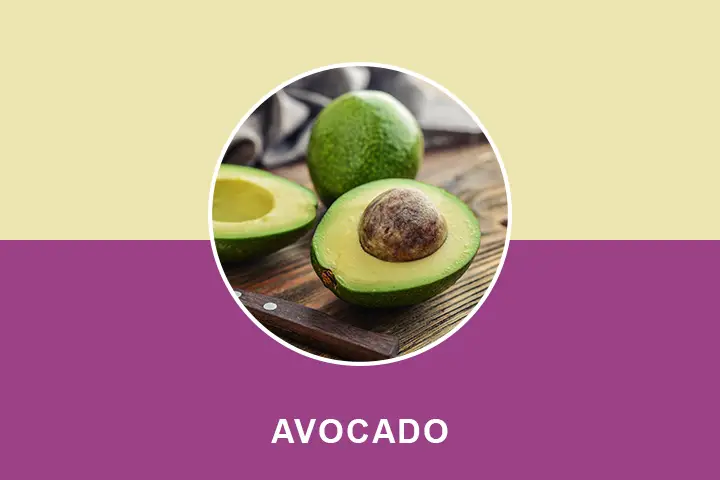
Avocados are a good source of healthy fats, which have been shown to boost testosterone levels. In one study, men who ate an avocado-enriched diet had higher testosterone levels than those who did not.
7. Berries and Pomegranates

Berries and pomegranates are rich in antioxidants, which have been shown to boost testosterone levels. In one study, men who ate a diet high in antioxidants had higher testosterone levels than those who did not.
8. Lentils
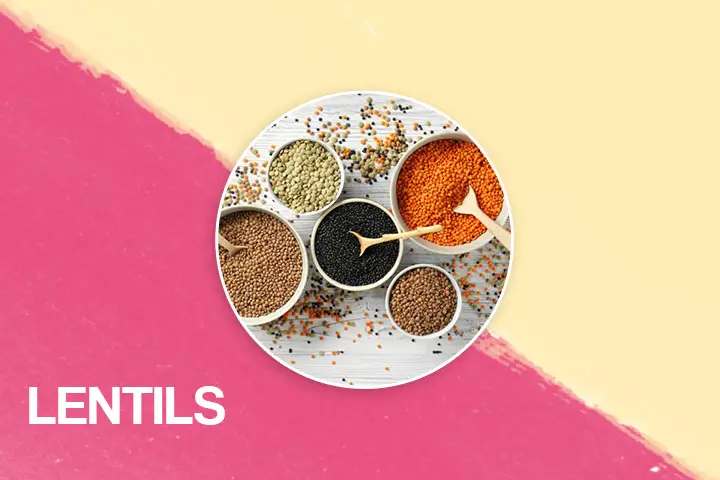
Lentils are a good source of protein and fiber, which have been shown to boost testosterone levels. In one study, men who ate a diet high in protein and fiber had higher testosterone levels than those who did not.
9. Garlic
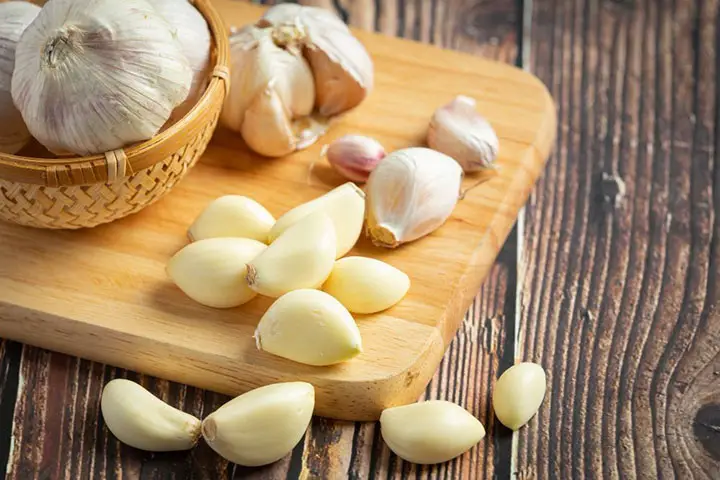
Garlic is a rich source of allicin and antioxidants, which is a good booster of sperm production in men and thus increasing their testicular testosterone levels.
10. Ginger

Ginger is a good source of antioxidants, which have been shown to boost testosterone levels. Consumption of ginger has many benefits apart from increasing testosterone levels, one of them is that they aid in digestion.
There are many foods that can boost testosterone levels. Eggs, fatty fish, oysters, nuts and seeds, dark chocolate, avocado, berries and pomegranates are all good choices. Including these foods in your diet may help to increase your testosterone levels.
Read More:
- Camu Camu Benefits
- 10 Healthy Foods for Gallbladder Problems
- What Is Meant By Source Cream And How It Can Be Used?
